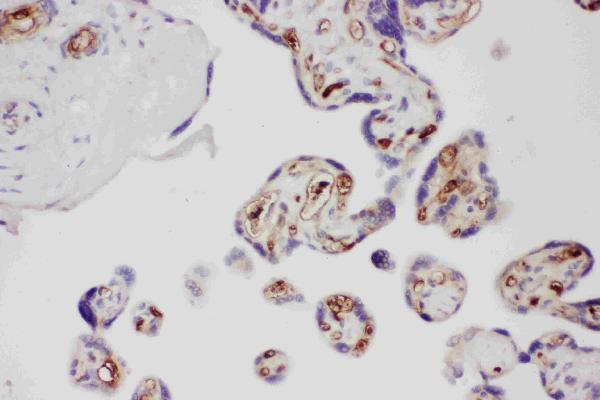Anti-Adiponectin can be made in rabbits using a synthetic protein that corresponds to the amino acid residues from human adiponectin. Adiponectin is an adipocyte specific protein that circulates through the bloodstream, where it makes up approximately 0.1% of all plasma protein.
Anti- Adiponectin antigen is a member of the complement factor C1q family. Adiponectin has a carboxyl-terminal domain as well as an amino-terminal colladomain. Adipose tissue plays important role in energy storage. Adiponectin levels that are higher than normal are associated with anorexia.

It plays a vital role in physiological processes like obesity, and metabolism. Hypertension is also associated with low levels of adiponectin. Endometrial cancer risk is also linked to mutations in the gene that codes it. Adiponectin, a hormone that regulates glucose and lipid metabolism, is secreted only by adipocytes.
Adiponectin is implicated in many physiological processes, including obesity and homeostasis. Adiponectin levels that are lower than normal are associated with obesity, insulin resistance, hyperinsulinemia and other conditions such as type 2 diabetes. Adiponectin was shown to increase insulin signaling in mice, which can help with insulin resistance.
Adiponectin activates AMP, PPAR-alpha and can increase fatty acids transport, oxidation and dissipation within skeletal muscle. This results in a decrease of intramyocellular lipids and improved insulin signaling.
